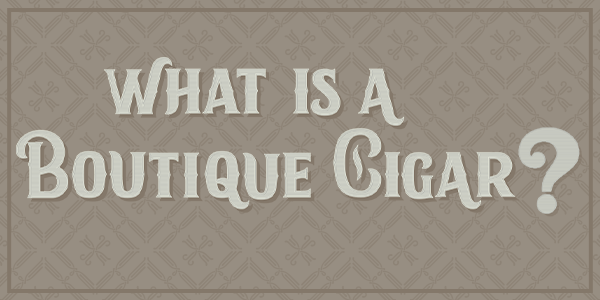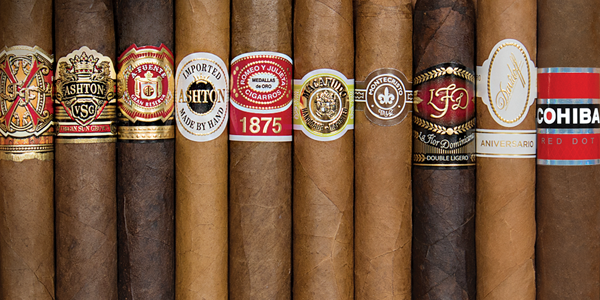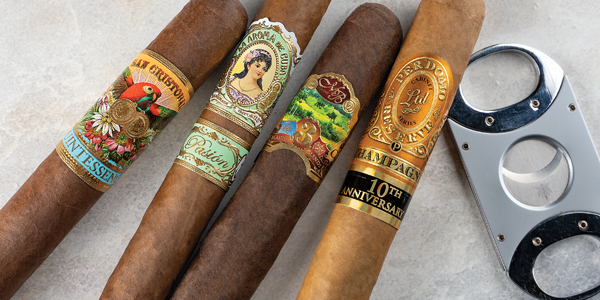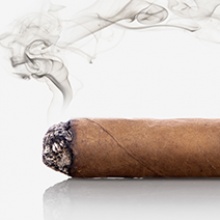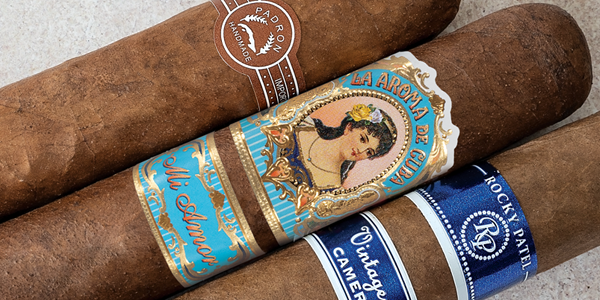Boutique Cigars
“Boutique” is a word one could argue has worn out its welcome. Once upon a time, boutique simply referred to a small specialty store that sold clothing or jewelry. Over the past two decades, the word boutique has been extrapolated to imply exclusivity and sophistication to attract consumers who shop in the bespoke niche. Boutique means the opposite of “off the rack,” and its proliferation describes a range of consumer products and experiences today, from clothing and accessories to automobiles, hotels, fine dining, wine, and, of course, cigars. What exactly is a “boutique cigar,” and how is it different from any other cigar?
The Rise of Boutique Cigars
Cigar lovers, like consumers of anything, love what’s new. Twenty-five years ago, cigar-makers who were new to the business, and starting small, marketed their cigars as “boutique.” When you’re not making a lot of cigars, emphasizing a brand’s rarity is a clever way to increase its appeal and stimulate demand.
Consumers embraced the term and soon were in search of the hottest new boutique cigars they could find. Small-batch, hard-to-find cigars from brands like Tatuaje and La Flor Dominicana became sought after by connoisseurs who discovered them in their neighborhood cigar stores. Both big and small brands capitalized on the boutique trend, releasing limited-edition cigars that would sell out quickly. Generally, a brand is considered boutique if fewer than one million cigars are produced per year.
Too Many Boutique Cigar Brands to Count
Nowadays, so many brands label themselves as boutique, store shelves have been saturated with them. Brick and mortar retailers rode the boutique wave for a time, but savvy store owners have also become wary of smaller unknown brands that move slower because consumers aren’t familiar with them. A good cigar is a good cigar regardless of how many are produced in a year. Boutique brands require more maintenance on the part of the store owner because it’s necessary to educate and introduce their consumers to cigars they’re not acquainted with. Boutique cigars are great for connoisseurs who have tried everything and are constantly experimenting, but it’s worth noting most boutique brand owners aspire to grow beyond the boutique label as they become established, making cigars for a growing audience.
Why Premium Cigars Are Better than Boutique Cigars
Premium is a better and more accurate term than boutique to classify the best handmade cigars. Premium designates quality, consistency, and the best raw materials, and it signifies a cigar is entirely made by hand. Premium cigars will always be rarer, more expensive, and better than anything made by machine or mass produced. Premium tells you all you need to know, so why overcomplicate the matter?
Today’s top brands – Arturo Fuente, Ashton, My Father, Padrón, Oliva, and more – all started small, but there’s a reason they’re big. They make cigars that everyone wants, and they’ve scaled their operations gradually over the years to accommodate demand without sacrificing quality. There are all kinds of boutique cigars worth trying today too, but don’t buy into the hype that small-batch brands are superior to bigger more established cigar-makers. Established cigar-makers have access to the best tobaccos, and they have the resources to warehouse giant reserves of it to ensure their production is never interrupted in the face of unforeseen circumstances like catastrophic weather. The increased efficiency of bigger manufacturers translates to greater value and lower prices for the consumer.
Boutique is simply a marketing term that was fashionable years ago, but its relevance is negligible today. Shop for cigars based on your taste and your budget, and browse our extensive selection of the best premium handmade cigars, but don’t worry whether or not the ones you want are considered “boutique.”

